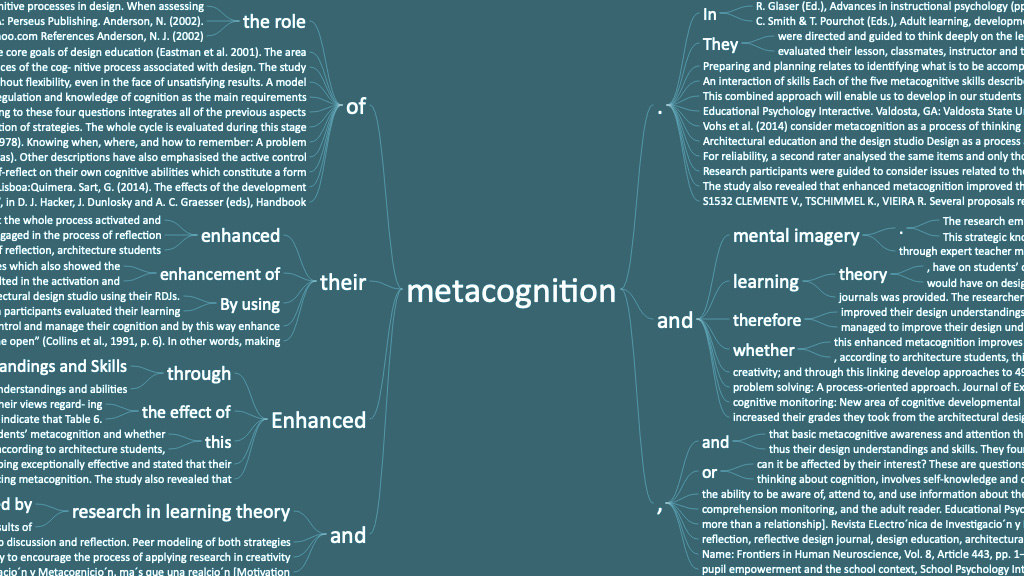Spring 2022 - In Progress | Principal Investigator
Appalachian State University, Department of Applied Design
In the past decade, it has been widely reported that the design field suffers from a profound lack of ethno-racial diversity. According to the U.S. Census Bureau, more than 72% of designers are White, which has led to discrimination, lack of diverse role models, and scarce opportunities for non-White designers. Likewise, it has been found that higher education institutions also suffer from a lack of diversity and racial representation in the professoriate, even though the communities they serve are increasingly more diverse. In recent years, it has been found that, in the U.S., the undergraduate student body is much more diverse than the faculty body, which might impact student performance; according to the Pew Research Center, in 2017 just 24% of faculty members were non-White, compared to 45% of non-White students.
Consequently, design students from racially minoritized communities face the double challenge of navigating a professional field and an educational setting where they have been historically underrepresented. To date, the experiences of these students have not yet been rigorously studied or documented, for which this project intends to conduct an exploratory empirical study that examines the challenges and experiences that racially minoritized students encounter in the five design programs offered here at Appalachian State University through the use of a grounded theory approach and the application of semi-structured interviews and focus groups.
Specifically, this project seeks to (1) characterize the experiences that racially minoritized students have in design programs; (2) identify the main challenges that racially minoritized students have during their design education; (3) identify opportunities to improve the learning experiences that students have in the design programs offered at Appalachian State University; (4) make visible the experiences and challenges affecting racially minoritized students in design; and (5) communicate the project findings with the design education community to motivate and inspire changes in teaching practices and in curriculum development.
Considering the significant challenges in diversity and racial representation affecting design education, this project is proposed as the first initial phase of a long-term research program in the Department of Applied Design focused on investigating the intersection of Design, Education, and Diversity, Equity, and Inclusion that, ultimately, intends to promote a more inclusive and equitable learning environment for design students from all backgrounds and walks of life to contribute to the diversification of the design field.









